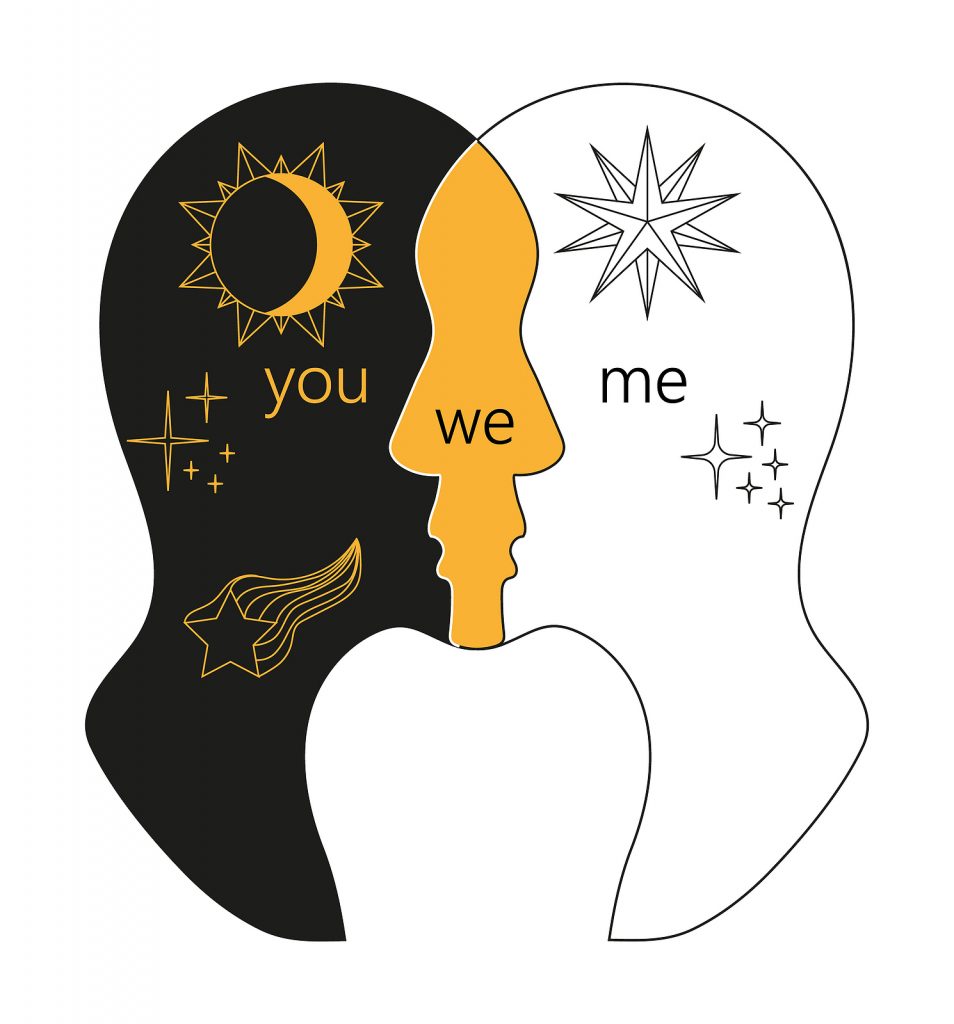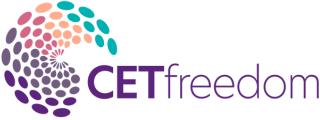
Chatbots have become increasingly popular, offering various personal and professional development benefits. However, as chatbots continue to evolve more prevalent, it is necessary to be aware of their limitations and potential downsides. One of the most significant downsides of chatbot coaching is the lack of empathy and understanding that they can provide. In this article, we will explore this issue in more detail, examining the risks associated with chatbot coaching and exploring ways to mitigate these risks.
Risks of Chatbot Coaching
While chatbot coaching can offer convenience and accessibility, it can also pose risks to mental health and emotional well-being. One of the most significant risks is the lack of empathy and understanding that chatbots can provide. Unlike human coaches, chatbots cannot understand the nuances of human emotion or provide personalized emotional support.
This lack of empathy and understanding can lead to various adverse outcomes, including feelings of isolation, frustration, and even exacerbation of mental health issues such as anxiety and depression. Additionally, chatbots may not be equipped to handle complex emotional problems, leaving individuals feeling unsupported and vulnerable.
Importance of Empathy and Understanding in Coaching
Empathy and understanding are essential components of effective coaching. By providing emotional support and personalized guidance, coaches can help individuals navigate complex emotional issues and overcome personal growth and development obstacles.
However, chatbots must improve their ability to provide this support. While they can offer guidance and encouragement, they lack the emotional intelligence and intuition that human coaches possess. This can make it difficult for chatbots to provide individuals with the personalized support and guidance they need to thrive.
Mitigating the Risks of Chatbot Coaching
To reduce the hazards connected with chatbot coaching, it is critical to be aware of its limits and take proactive measures to safeguard mental health and emotional well-being. One practical approach is to seek out human coaching as a complement to chatbot coaching. By working with a human coach, individuals can receive personalized emotional support and guidance that chatbots may not be equipped to provide.
Additionally, setting boundaries for chatbot interactions is essential, such as limiting the time spent interacting with chatbots and avoiding relying solely on chatbots for support. By prioritizing human interaction and seeking out opportunities for emotional connection and support, individuals can reduce feelings of isolation and promote emotional well-being.
Ethical Considerations in Chatbot Coaching
Beyond the risks to mental health and emotional well-being, chatbot coaching raises critical ethical considerations. As chatbots continue to become more prevalent in coaching and other professional settings, it is essential to consider the ethical implications of relying on technology to provide emotional support and guidance.
One of the critical ethical concerns is the potential for chatbots to perpetuate harmful biases and stereotypes. Chatbots may unintentionally reinforce destructive beliefs and attitudes without human oversight and intervention, contributing to systemic inequality and discrimination.
To reduce these dangers, it is critical that ethical standards govern chatbot design and that chatbots are examined regularly for potential biases and discriminatory practices. Additionally, it may be necessary to implement regulatory frameworks to ensure that chatbots are held to ethical standards and that individuals are protected from potential harm.
Future of Chatbot Coaching
As chatbot technology evolves, we will see even more widespread adoption of chatbot coaching in various settings. However, the future of chatbot coaching will depend on our ability to address this technology’s limitations and potential downsides.
By prioritizing ethical considerations, seeking out human support and connection, and staying informed about the latest developments in chatbot technology, individuals can continue to benefit from chatbot coaching while protecting their mental health and emotional well-being. Ultimately, the future of chatbot coaching lies in our ability to balance the convenience and accessibility of technology with the empathy and understanding that only human connection can provide.
Importance of Human Connection in Coaching
While chatbot coaching can offer a convenient and accessible option for those seeking support, it is essential to recognize the unique value of human connection in the coaching process. Research has consistently shown that human connection is critical to mental health and well-being. Individuals who feel connected to others are more likely to experience positive outcomes in therapy and coaching.
Therefore, it is essential for individuals to prioritize human connection in their coaching journey, whether that means seeking out in-person coaching, participating in group therapy, or simply cultivating meaningful relationships with loved ones. While chatbots may be a helpful supplement to these human connections, they should never be relied upon as a replacement for genuine emotional support and understanding.
Ultimately, the most effective coaching strategies will combine the convenience and accessibility of chatbot technology with empathy and understanding of human connection. By staying mindful of the limitations and potential downsides of chatbot coaching, individuals can ensure that they are receiving the support and guidance they need to thrive.
Conclusion:
Chatbot coaching can offer a range of benefits for personal and professional development, but it is essential to be aware of this technology’s limitations and potential downsides. By understanding the risks associated with chatbot coaching and taking proactive steps to mitigate them, individuals can continue to reap the benefits of it while protecting their mental health and emotional well-being. Ultimately, the key to successful coaching lies in balancing technology and human interaction and prioritizing personal growth and development healthily and sustainably.






